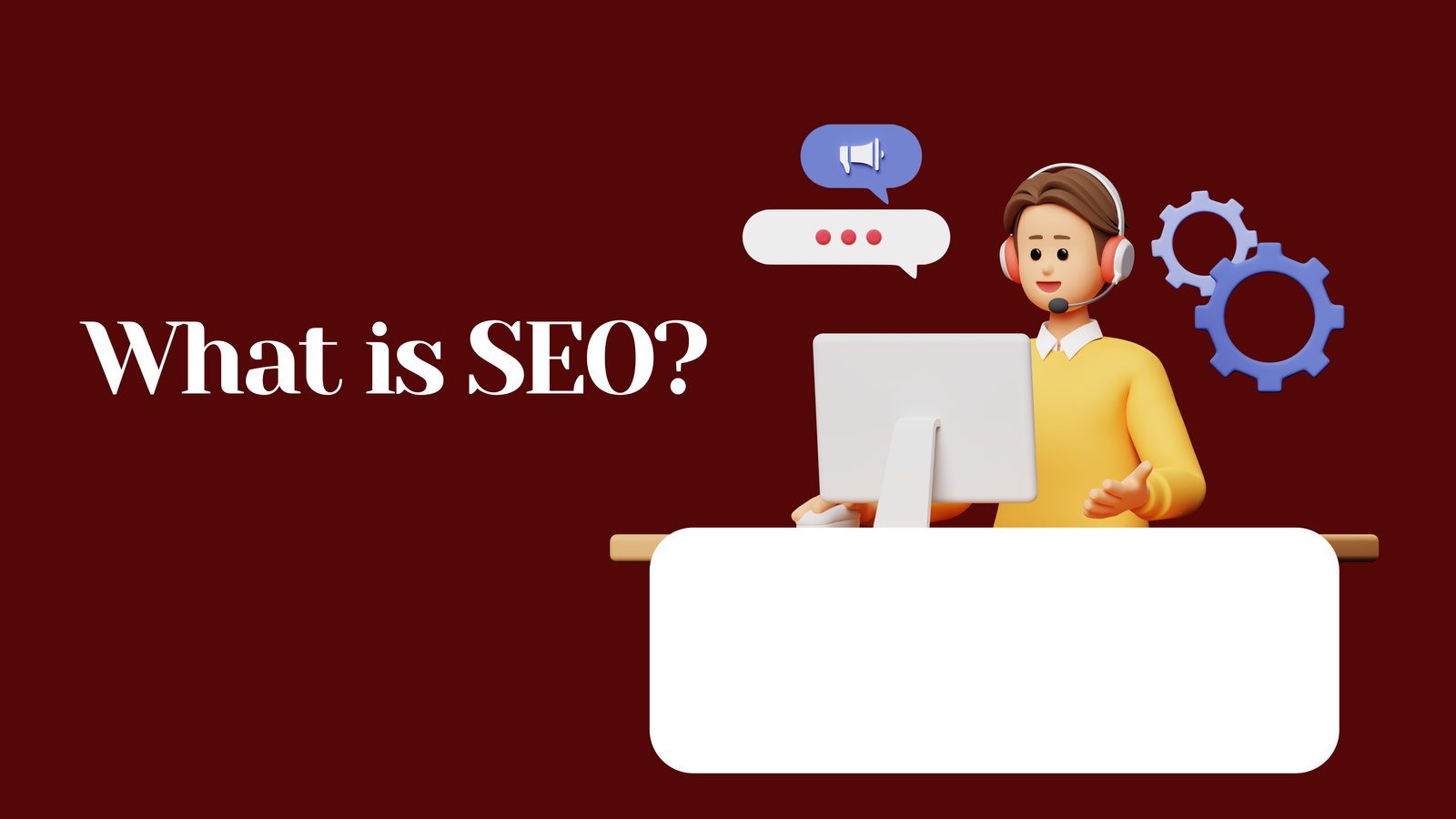SEO (Search Engine Optimization) is the process of improving a website’s visibility in search engine results pages (SERPs) to attract more organic (non-paid) traffic. The goal of SEO is to make your website more appealing to search engines like Google, Bing, or Yahoo so that it ranks higher for relevant searches, helping users find your content, products, or services more easily.
Key SEO Factors:
- Keyword Research: Identifying the words and phrases people are searching for that are relevant to your website’s content. By targeting these keywords, you can attract more relevant visitors.
- On-Page SEO: Optimizing elements on your website, such as:
- Content: Creating high-quality, engaging, and informative content that answers users’ queries.
- Meta Tags: Optimizing meta titles and descriptions to accurately describe each page’s content and encourage clicks.
- Internal Linking: Linking to other pages within your website to help both users and search engines navigate your site.
- URLs: Using clean and descriptive URLs that include relevant keywords.
- Off-Page SEO: Improving your website’s reputation and authority by gaining backlinks (links from other websites). The more quality backlinks you have, the more credible and authoritative your website appears to search engines.
- Technical SEO: Ensuring that search engines can easily crawl, index, and understand your website’s content. This includes optimizing:
- Website Speed: Faster websites provide a better user experience and are favored by search engines.
- Mobile-Friendliness: Ensuring your website is optimized for mobile devices.
- XML Sitemaps: Helping search engines find and index your pages more effectively.
- Structured Data: Using schema markup to help search engines understand your content better.
- User Experience (UX): Ensuring your website is easy to navigate, visually appealing, and user-friendly. A positive experience leads to more time spent on your site and reduces bounce rates, which can improve rankings.
Why SEO Matters:
- Increased Traffic: Higher rankings in search engines lead to more clicks and visitors.
- Cost-Effective: Unlike paid ads, organic SEO traffic is free and sustainable over time.
- Better User Experience: SEO practices, like improving site speed and mobile optimization, create a better experience for visitors.
- Builds Credibility: Websites that rank higher are perceived as more credible by users.
In short, SEO is about optimizing your website so that search engines can understand, index, and rank it highly for relevant queries, driving more organic traffic and potential customers to your site.


